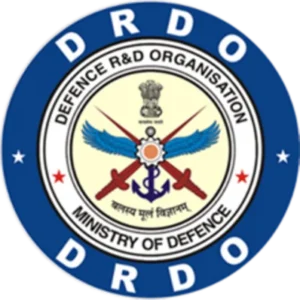New Delhi: The Indian government has approved projects worth ₹29,558.66 crore for the Defence Research and Development Organisation (DRDO) over the past three years to enhance indigenous defence technologies, according to a government report.
The yearly breakdown of these approvals shows 40 projects worth ₹3,842.71 crore sanctioned in 2023, 43 projects worth ₹22,175.49 crore in 2024, and 20 projects worth ₹3,540.46 crore approved so far in 2025.
A key initiative under this funding is the development of the Kaveri Derivative Engine (KDE), intended to power unmanned combat aerial vehicles. Two specific projects related to the KDE have received ₹723.59 crore in total — ₹472.42 crore for the Flightworthy Kaveri Dry Engine Development and ₹251.17 crore for the Technology Demonstration of the Kaveri Derivative Dry Engine.
In addition to advancing specific defence technologies, the government is actively strengthening civil-military partnerships. To accelerate defence innovation and production, Development-cum-Production Partners (DcPPs) are being engaged for faster prototype development and transition to production.
The involvement of industry and academia is being enhanced through DRDO’s Industry Academia Centres of Excellence (DIA-CoEs), which promote research collaboration at institutions including IISc Bangalore, IITs, and central/state universities.
Certification processes are also being modernised. The Centre for Military Airworthiness and Certification (CEMILAC) collaborates with the Directorate General of Civil Aviation (DGCA) to establish unified certification for drones used in both civil and military operations.
Talks are ongoing with international agencies like EASA and OEMs such as Airbus and Embraer to facilitate local certification for military aircraft, helping domestic partners secure Indian certifications more efficiently.
DRDO further encourages innovation through initiatives such as open access to its patents, zero technology transfer fees and royalties for Indian industry supplying armed forces, and the Technology Development Fund (TDF) which supports Indian industries in designing and developing cutting-edge defence products. The “Dare to Dream 4.0” contest also stimulates innovation by engaging Indian scientists and start-ups on defence and aerospace problem statements.
These measures collectively signify a major governmental push to boost indigenous defence capabilities through large-scale investment, technological development, industry collaboration, and streamlined certification processes, with the Kaveri Derivative Engine project as a prominent example of the focus on next-generation defence technology.






